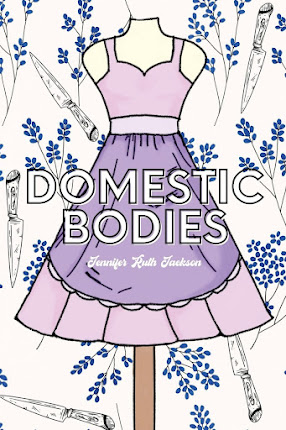
Wayne Russell is a creative jack of all trades, master of none. Poet, rhythm guitar player, singer, artist, photographer, and author of the poetry books Where Angels Fear via Guerilla Genius Press, and the newly released Splinter of the Moon via Silver Bow Publishing, they are both available for purchase on Amazon.
The Man in the Blue Cadillac
In hindsight
I could have been a statistic
I could have been a cold case
that rainy day
walking back from school
to that loveless home
in 1975.
It was just a short walk
about half a mile
but I was only five
and the distance seemed
much further.
Out of nowhere
came a blue Cadillac
he pulled up alongside me
he rolled down his window
"Where are you going?"
he asked in an accent that
sounded vaguely northern.
It started raining a bit harder
and I just started walking to get away
from this stranger.
We hadn't heard of "stranger danger"
in 75' all that much.
Kids that disappeared often ended up
on the backs of milk cartons
and you read about them
at the school cafeteria while at breakfast
but that wasn't until Etan Patz in 1979.
"The milk carton campaign" was only started by
the Ragan administration in the early 80's.
The man in the blue Cadillac was so nice
he politely insisted that I get in the front
passenger side
as the rain grew heavier
I caved and hopped in
I could have been that kid on the evening news
and the poor boy that was the talk of the town
for a while.
That poor kid from Florida-
I could have been the pre-Ethan Patz and Adam Walsh
but my guardian angel was pulling a double shift
that day.
And the man in the blue Cadillac
just turned out to be a good Samaritan
doing a good deed to a frightened gen-x kid
that was caught up in a rainstorm
on his way home from kindergarten.







%20(1)-2.jpeg)
